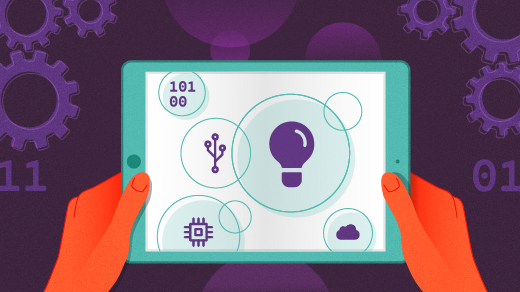If you are building an application that uses some variation of a client/server model, you need an application programming interface (API). An API is a clearly defined boundary between one process and another. A common boundary in web applications is a REST/JSON API.
An example of an API usage could be a police system that must verify if someone has a criminal record or not, for applying maybe for a liquor license business. Where paperwork was sent manually to the police to verify whether the liquor license applicant has a criminal record or not, could be replaced with an intersystem API call from the liquor licensing system, where the API receives an identity number, and only returns and true/false without exposing any personal details.
But some important characteristics must be designed into that API for it to be sure and to function correctly.
See
4 essential characteristics of successful APIs#
technology #
API #
programming #
privacy #
clientserver
If you are building an application that uses some variation of a client/server model, you need an application programming interface (API). An API is a clearly defined boundary between one process and another. A common boundary in web applications is a REST/JSON API. While developers may be mainly focused on making the API work (or function), there are some "non-functional" requirements that need their attention. Four must-have non-functional requirements for all APIs are: